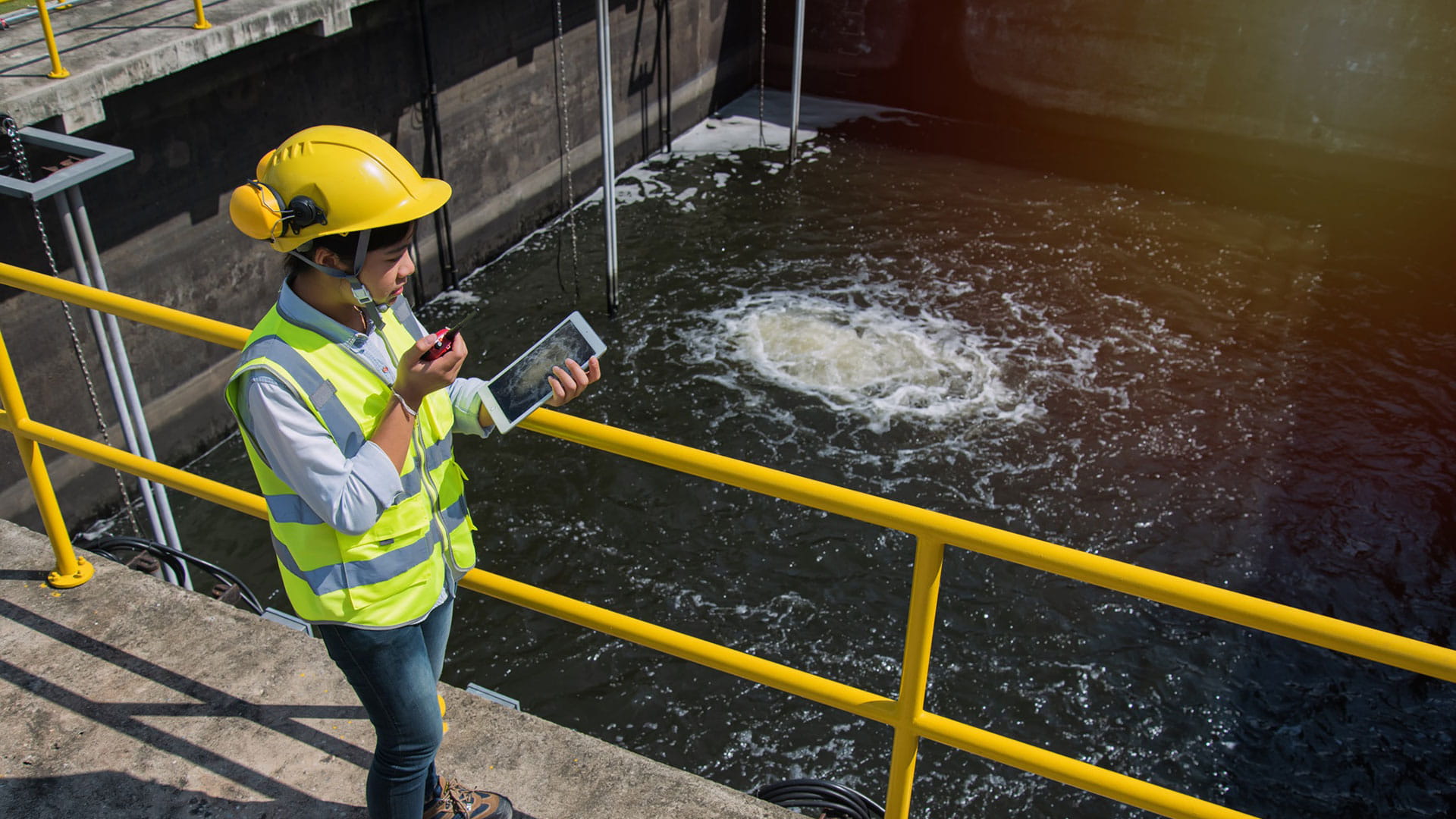Addressing water sector talent shortage

The UK’s water treatment industry is experiencing a staff shortage, as experienced water professionals approach retirement age. To address this, water utilities must make changes on how they attract new talent, while also optimising how they deploy their existing workforce.
The problem is as much about diversity of skills as demographics. The industry is struggling to attract talent in data analytics, artificial intelligence, and digital development – the very areas it needs to address its most critical challenges.
It’s time to change perceptions
More than 20% of the water industry’s skilled workforce are expected to retire within the next decade. By contrast, only 8% of the UK water sector workforce is aged under 24. A lot of experience is about to leave the industry – just as it faces some of its greatest challenges.
To fill the skills gap and stimulate growth, UK water utilities must appeal to a wider range of talent. And that means changing its image to promote the industry’s already rising diversity and inclusivity to attract a younger, more digital-savvy workforce.
The truth is that water treatment is increasingly digitally driven – and is becoming more critical to sustainability and combating the effects of climate change. By highlighting these aspects, you can show water management presents an opportunity to hone the latest digital skills and make a positive difference in the world.
This shift in perception won’t directly solve the issue of retiring engineers. But it can help to attract a new, wider talent pool, with the digital skills to optimise your existing workforce and bring data-driven change.
Optimise efficiency with intelligent automation
Around the world, the water sector is already using artificial intelligence (AI) and machine learning tools to empower workforces to work more efficiently.
By automating routine manual processes, you can free your engineers to focus on more fulfilling tasks. And by enabling your existing workforce to do more work with less hands, you can reduce the need to hire new talent. Instead, you’ll create a lean workplace that attracts and retains leading digital talent, optimising efficiency while minimising the skills gap.
For example, Water Authority Vallei en Veluwe manages 16 wastewater treatment plants in the Netherlands, processing 340 million litres of wastewater every day. By applying AI to wastewater transport and treatment control, the authority predicts critical changes in wastewater flow and automates the appropriate response – saving hours of engineer time. Learn more from industry experts in water.
What’s more, it uses machine learning at its treatment plants to automate key controls – such as aerator, pump and valve adjustment – optimising nutrient removal and reducing energy and chemical use without any manual involvement.
By handing routine everyday tasks to an automated, self-learning system, the company makes more of its experienced engineers – optimising efficiency and freeing its talent to focus on higher value tasks.
And the good news is, this improvement is easy to replicate in the UK, through platforms like Aqua Suite. Read more about Aqua Suite and its solutions.
The UK readies for change
Using digital technology to address the key challenges already fits perfectly with the UK water industry’s collective agenda.
The goal of Water Innovation 2050 is to work collaboratively to drive innovation that provides clean water, achieves carbon neutrality, delivers resilient infrastructure, and enables diverse, future-ready people and partnerships.
We believe platforms like Twinn Aqua Suite will play a key role in meeting the goals outlined by Water Innovation 2050 faster and attracting the new generation of talent you need to transform the sector’s operations.
To learn more about these solutions, and the other work we’re doing to deliver change in the UK water industry, you can sign up for our newsletter or get in touch directly.
Got a question?
Contact our Water Technology experts!
Stay up-to-date
Would you like to stay up to date on the latest news, developments and trends from Royal HaskoningDHV on the UK water utilities market?